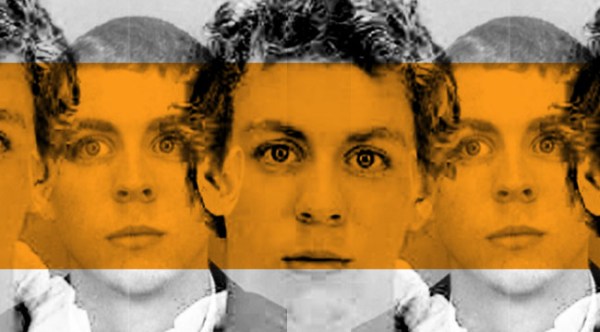
Facebook recently decided that Brock Turner, the now infamous convicted rapist and former Stanford athlete, didn’t need to have a meme made out of him. The site took down a widely shared image of his athlete headshot, with the text “Hi, I’m Brock, And I’m A Rapist” written on it, and claims the image was taken down in error. Some felt it should stay down. But that raises the question of how far a meme should go as it sits uncomfortably at the axis of free speech, commerce, public safety and privacy.
Does Shame Have A Shelf Life?
The meme, it’s worth noting, was a protest. Police authorities had refused to release Turner’s mugshot, despite it being public record, and that forced the media to use his athlete headshot and other photos in stories about him. The meme was designed to protest this, to tag that headshot with Turner’s crimes, and so Facebook taking it down, even accidentally, was received poorly.
Photography is the real language of the internet, thanks to a combination of cameras in almost every pocket in the world and instant connection across borders and cultures. As digital cameras have improved, and social media has become ubiquitous, one of the unexpected consequences has been that total strangers, just living their lives, have been elevated to fame thanks to a moment of personal triumph or, far more likely, a moment of personal embarrassment. Bad Luck Brian, Overly Attached Girlfriend, Scumbag Steve, and more were all just people who had a photograph taken, one of billions likely taken that day, and either hit the lottery or got struck by lightning, depending on your perspective.
In the case of using memes to highlight a person’s deliberate misbehavior, though, things get even murkier. Shame, whether accidental or self-inflicted, has suddenly gotten a much longer shelf-life thanks to the internet both tying public records to your name and making those records instantly accessible. While a case like Turner’s is painfully clear-cut, people who committed minor offenses or were simply arrested and let go can find themselves paying for their crimes years or even decades later. In some cases, they paid in a very literal sense: Until recently, a common scam was for a website to find a person’s mugshot, post it online without any context, and demand you pay them to take it down.
Public authorities were powerless to do anything, as mugshots are public records and websites, including this one, can post them at will. Ultimately, Google stepped in and removed the sites from their search algorithm, effectively rendering most mugshot sites invisible. But that, in of itself, opens up another can of worms.
Do We Have A Right To Be Forgotten?
Google has, de facto, a powerful grip on people’s lives, and being able to remove links from Google, a right EU citizens have and something any American can request, is a powerful tool for shaping how we’re perceived. In the vast majority of cases, it’s simply private information that the person in question has every right to ask be removed. On the other hand, the BBC tracks which of its links Google removes under that right, and in many cases, it’s information worth knowing about a person. We have no idea why Google removed those links. Unlike a court, it’s under no obligation to make those statements or discuss its decision-making process.
And it’s true there are many situations where a photograph needs to come down. If you’re the victim of a malicious act, it doesn’t matter if you’re the one who created the photo or if someone else did it “for” you. What’s less clear, especially with perpetrators, is when we cross from protecting public safety or offering comment on a public figure to something undeserved. Should the court of public opinion have a statute of limitations? Does the ownership of a photograph trump public safety? And should a private corporation decide these things?
Does The Internet Have Limits?
This question boils down to where public good blurs into private malice, and frankly, nobody is entirely sure. Part of the issue is that while the internet never forgets, the vast majority of people eventually do, which brings us back to Turner and his meme.
In the end, there are two people who have to live with Turner’s actions and their consequences for the rest of their lives: Turner, who is decidedly unrepentant, and the woman he raped, who had to learn what happened to her from the news. There will be a lot of discussion about whether Turner deserves to be shamed for the rest of his life for his actions, but in discussions of crimes like this, that argument tends to ignore that the survivor of the attack doesn’t get a vote about whether to carry a burden inflicted upon them by the cruelty and selfishness of other people. If we’re going to ask what’s “fair,” that should include asking who, exactly, our actions would be fair to.






